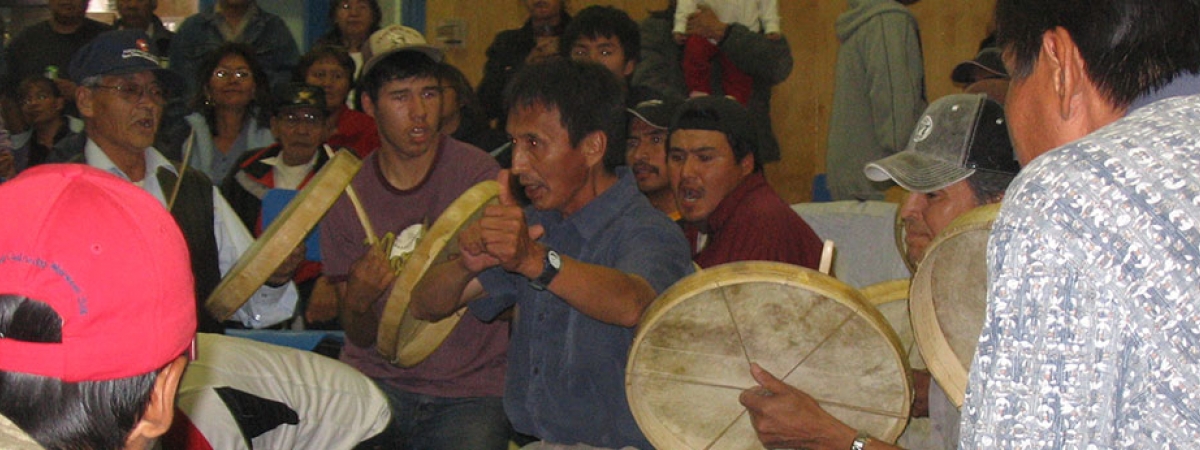Welcome to the Department of Sociology and Anthropology at Nipissing University
We offer the following Sociology degree options:
We offer the following Anthropology degree options:
What is the study of Sociology?
Sociology is the scientific study of organization and social interaction through its emphasis on sociological perspectives and systematic observation and measurement. Sociologists seek to understand causes of various social issues in our daily life, like inequalities of race, ethnicity, health, education, gender and income. We investigate the consequences of changes in the family, population, religion, environment and culture, on our individual and social lives. A sociologist looks beyond the often neglected and taken-for-granted aspects of our social environment and examines them in creative ways that produce scientific knowledge necessary for developing and tailoring social policies that aim to improve the wellbeing and development of citizens and the society.
What is the study of Anthropology?
Anthropology, simply put, is the study of the human experience. Students in the Anthropology program will discover how human beings are engaged in a continual project of making meaning in the world. Students will also examine critical questions confronting our species including the interactions between local practices and global forces, particularly in the areas of identity and subjectivity, power and inequality, health and wellness, and globalization and development.
The strengths of Nipissing’s programs
The faculty members in the Department of Sociology and Anthropology are actively involved in national and international research projects. They have established research partnerships with local and Canadian Indigenous communities, The North Bay Regional Health Centre, Correctional Service of Canada, Human Resources and Skills Development Canada, Employment and Social Development Canada, Ontario Correctional Services, InterRAI, International Center for Research on Women in the US, University of Medical Sciences, Bu-Ali Sina University, and National Population Studies and Comprehensive Management Institute in Iran. These partnerships facilitate our students’ academic training and their engagement as research assistants in ongoing research projects in the department in the areas of postsecondary educational choices, school-to-work transitions, mental health and illness, family transitions, childbearing and reproductive health, aging workforce, ageism, workplace transitions, political ecology of environmental governance, archaeological digging and monitoring, ethnography of Aboriginal communities, health informatics and palliative care. One of the strengths of our program is that we offer courses in both quantitative and qualitative research methods including survey research, focus groups, ethnography, and advanced data analysis. Students gain advanced research skills that are appealing to employers in private and public sectors. Many of our graduates find jobs in Correction Services Canada, Statistics Canada, research offices, and are admitted to graduate programs in reputed universities in Canada and abroad.
Who should apply?
Our program is well suited to students who want to combine theoretical and methodological training with practical experience. Primary field work opportunities outside of the classroom have engaged our students in a range investigative research ‒ from uncovering ancient stone tools, to conducting an ethnographic study of ice fishing, conducting interviews face-to-face or over the telephone to analyzing large-scale survey data. Many students are also interested in our Certificate programs, making them ready for workplace. Other students join our programs to meet the prerequisites of becoming teacher and entering into the Schulich School of Education. Students seek our Specialization in Sociology or Anthropology or an Honours degree in Sociology in order to make themselves ready for graduate programs or research-based job opportunities in private and public sectors.


